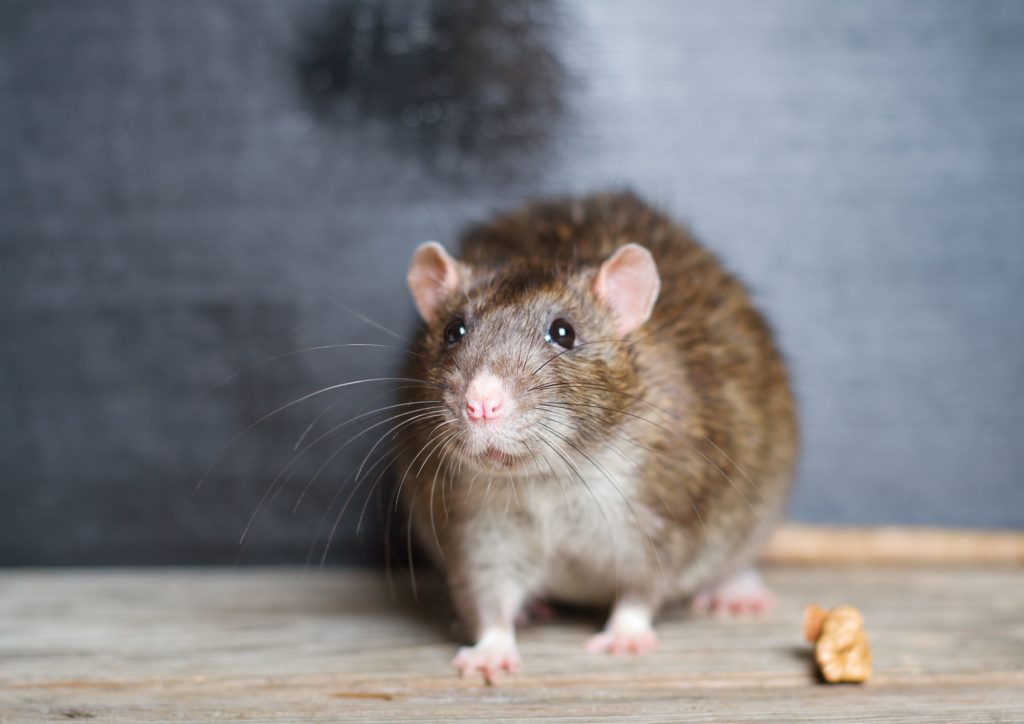Food Safety Mistakes: What to Avoid and How

If you run a food business in the UK, maintaining proper food hygiene should be a priority. Poor food hygiene can risk both your business reputation and the wellbeing of your customers. So, to run a successful food business, you need to avoid rudimentary food safety mistakes and their consequences. Here’s our list of food hygiene slip-ups which can end a food business.
1. Leaving hot food uncovered
If you’re preparing food in bulk, never take it off the heat and let it sit in the pan uncovered whilst you wait for orders. If hot food gets below a certain temperature, it can slip into the ‘danger zone’ for bacterial growth. Consequently, maintaining a consistent temperature is key. This is one of the most common food safety mistakes. People assume that because something is cooked, it is safe, too.
Moreover, you must keep food covered to deter any unwanted guests, such as flies or wasps in the summer heat.
2. Creating a welcome environment for pests
This one should be common sense. However, many UK food businesses have been closed because they host rats, fleas and other vermin.
If you notice any sign of pests on your premises, you should take immediate action. Stop preparing, storing or serving food. Call pest control or your local authority in the first instance. Keep the kitchen closed until you have the all-clear.

3. Keeping rubbish bins close to food
You should have adequate waste disposal on your premises, including separate bins for food waste and recycling.
However, rubbish bins can host dirt, bacteria, flies and various other pests. Insects crawling around your kitchen are a real harbinger of food poisoning.
To prevent this, your waste disposal area should be separate from your food preparation area. Make sure your bins are cleaned, too, and not just once in a blue moon.
4. Preparing food in dirty clothes
Regardless of other efforts towards good personal hygiene, if your workwear is dirty, you pose a serious risk to public health. In the same way harmful bacteria can spread from rubbish bins, you could be introducing external bacteria into your kitchen with your unclean workwear.
Good personal hygiene goes hand-in-hand with good food hygiene. Be sure to arrive at work prepared to handle food safely each day. You must wear washed workwear as a barrier between you and the food you handle.

5. Serving raw meat
Eating raw meat can lead to many serious and potentially life-threatening illnesses.
You should be sure that all the food you serve is cooked to an adequate temperature. This is especially the case for meat. Sometimes, it’s possible that the middle of a piece of meat is raw, despite a properly cooked outer layer.
There are instances where serving raw meat is acceptable. However, restaurants which serve raw meat often have fantastic quality control and the highest-quality meat. The Food Standards Agency recommends for most businesses that you serve meat cooked through.
6. Failing to keep your kitchen clean and tidy.
It is your professional responsibility to keep a clean and organised kitchen. You should be cleaning your kitchen at least twice a day. Preferably, however, you should clean as you go. Constant, intermittent cleaning is the best defence against simple, stupid food safety mistakes.
After preparing food, countertops need to be disinfected and wiped clean. All of your equipment should be cleaned in the appropriate manner at the end of each day or, better, after each use. Any rubbish needs to be properly disposed of in the outdoor bins.
And don’t forget to clean the insides of your fridge and freezer every once in a while, too!

7. Lacking or not using handwashing facilities
Alongside having a clean kitchen, you need to ensure that you and your staff are washing your hands regularly. Germs and harmful bacteria can spread unseen on your hands, despite ostensible cleanliness.
You must make antibacterial soap and hot water available to your staff. In any temporary instance where you might not have access to such facilities, find a suitable alternative or close the kitchen. It’s that important.
8. Failing to evidence your food hygiene training
When an inspector visits, you have to show evidence that you’ve taken responsibility for food hygiene training. Fortunately, with our online courses, it’s easy. They take just 1 to 2 hours to complete and you can print a verifiable food hygiene certificate immediately afterwards.
For more information, or to speak to a member of our friendly customer support team, give us a call on 01327 552136 or email us at hello@smarthorizons.co.uk today. You can alternatively use the live chat feature available on this website to chat to us during office hours.
